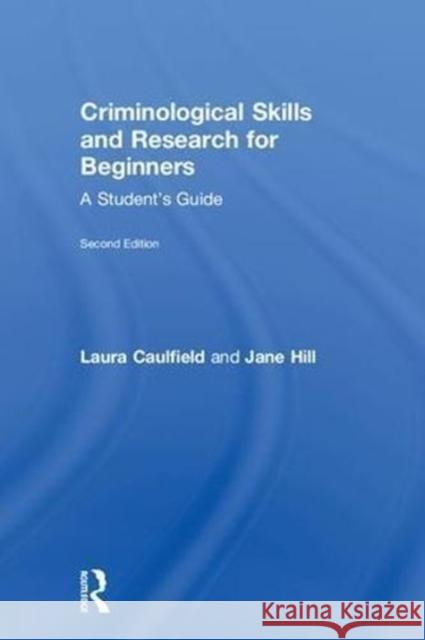Criminological Skills and Research for Beginners: A Student's Guide » książka
topmenu
Criminological Skills and Research for Beginners: A Student's Guide
ISBN-13: 9781138041394 / Angielski / Twarda / 2018 / 304 str.
Criminological Skills and Research for Beginners: A Student's Guide
ISBN-13: 9781138041394 / Angielski / Twarda / 2018 / 304 str.
cena 700,25 zł
(netto: 666,90 VAT: 5%)
Najniższa cena z 30 dni: 680,04 zł
(netto: 666,90 VAT: 5%)
Najniższa cena z 30 dni: 680,04 zł
Termin realizacji zamówienia:
ok. 16-18 dni roboczych.
ok. 16-18 dni roboczych.
Darmowa dostawa!
Earlier edition published as: Criminological research for beginners.











